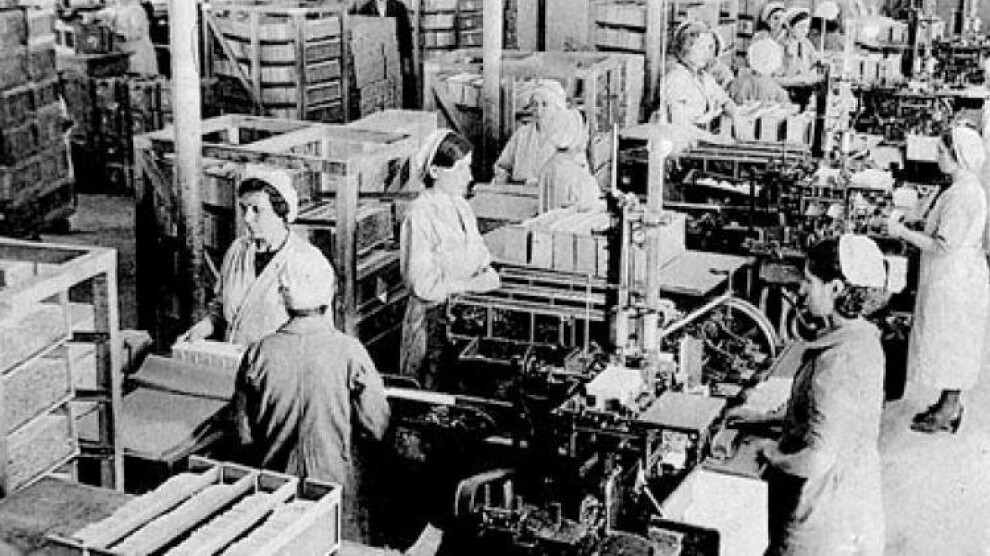Today in History: Female silk-factory workers’ strike in Turkey’s Bursa province
In 1908, the struggle between laborers and capitalists ended in a burst. Female silk-factory workers in Turkey’s Bursa province went on a strike on May 10, 1908, demanding equal pay for equal work and healthy work conditions and the strike lasted for three years. They held a protest in the yard of the Grand Mosque located near the Koza Han (a historic caravanserai) in Bursa province on May 10. This protest is known as the first women’s protest in Turkey.

In 1908, the struggle between laborers and capitalists ended in a burst. Female silk-factory workers in Turkey’s Bursa province went on a strike on May 10, 1908, demanding equal pay for equal work and healthy work conditions and the strike lasted for three years. They held a protest in the yard of the Grand Mosque located near the Koza Han (a historic caravanserai) in Bursa province on May 10. This protest is known as the first women’s protest in Turkey.
The most interesting thing is that Clara Zetkin demanded March 8 to be celebrated as International Women’s Day in the memory of women garment workers in New York on March 8, 1857 at the Second International Conference of Socialist Women held in Copenhagen while women silk-factory workers were holding their strike in Bursa.
“Workers of silk-factories in Bursa applied everywhere demanding the improvement in their working hours and an increase in their wages,” wrote writer Oya Baydar in her book titled, “Working Class in Turkey.” On August 29, 1910, Turkish daily newspaper Sabah published an article titled, “Silk-factory workers go on a strike demanding improvement in their working conditions.”
Workers' uprisings during the Ottoman Empire in many provinces
50 strikes took place between 1872 and 1907 and nine of them were held by women textile workers. During that period, the effects of the Ottoman Empire’s collapse made working and living conditions worse. Workers couldn’t receive their wages regularly and the currency of the empire was dropping. The unemployment rate increased as a result of the defeats in the wars in the Balkans. Daily working hours were around 11 hours and the wages of workers were very low. Women working for the carpet factory in Uşak province were paid 33 Ottoman Para for a day. They were paid 300-350 Kuruş a year. In 1890, women working for the Kazlıçeşme Spinning Factory were paid four Kuruş per day.
Female workers in Sivas province were paid 40 Para (1-2 Kuruş) a day while working 16 hours. The price of bread was five Kuruş that time. On June 25, 1908, 50 women led an uprising. On June 23, about 50 women gathered in front of the provincial hall to protest the expensive and poor-quality bread. After the women’s protest, many people protested the expensive bread. About 500 people attacked the provincial hall and broke its windows. Similar protests also took place in Izmir province, women working in textile factories and tobacco factories went on a strike in the province between 1908 and 1911.
